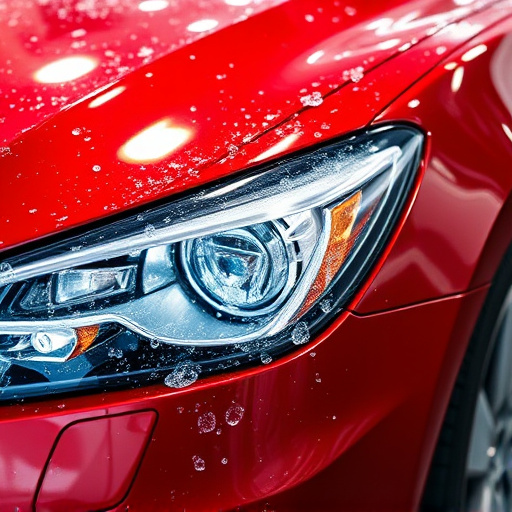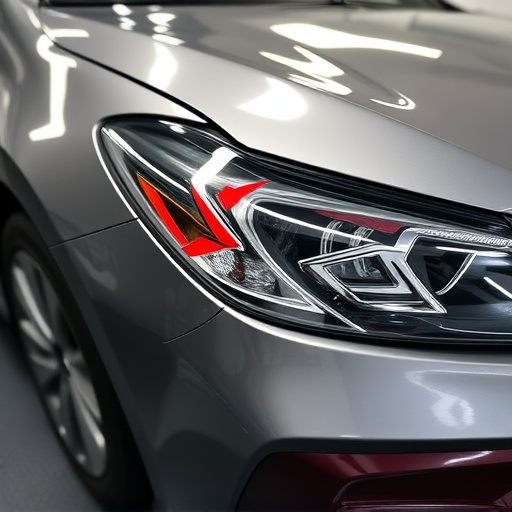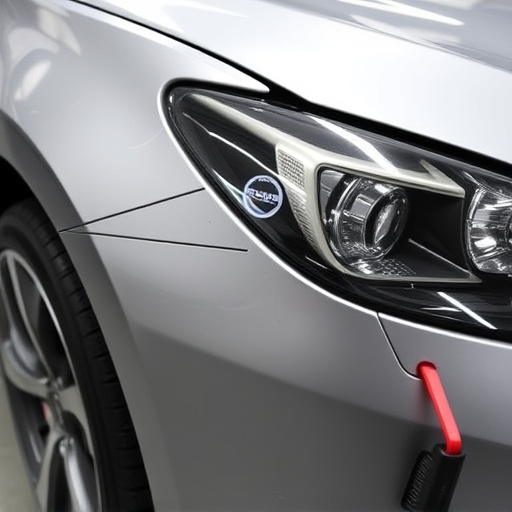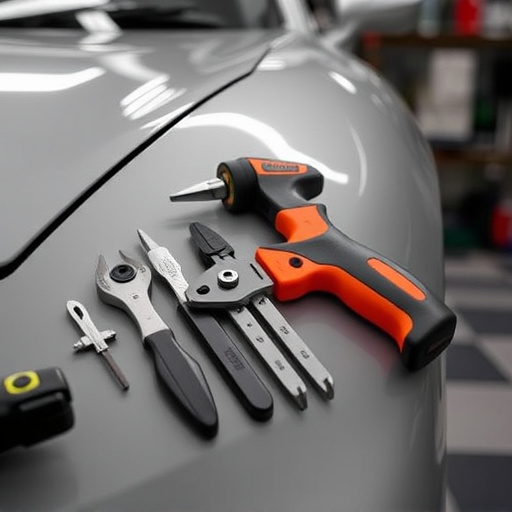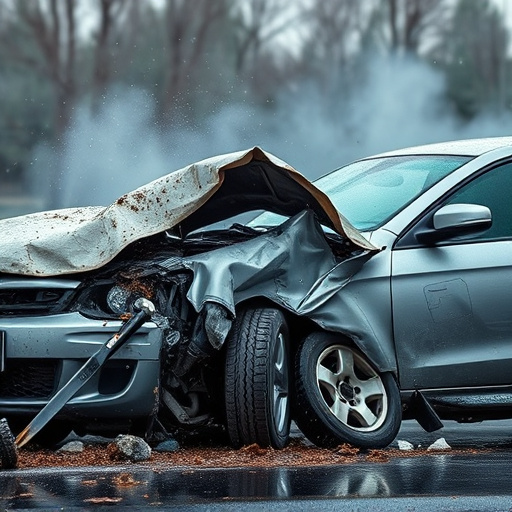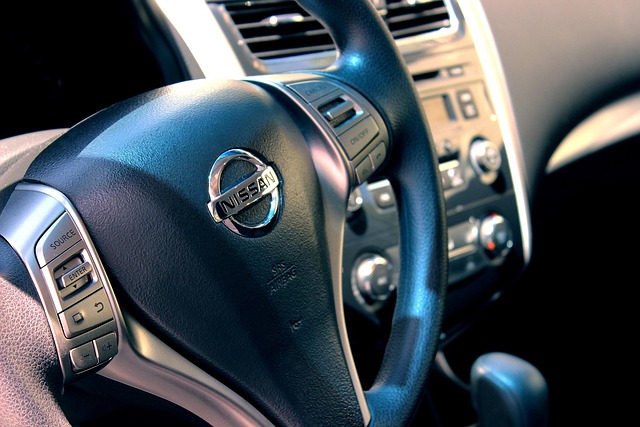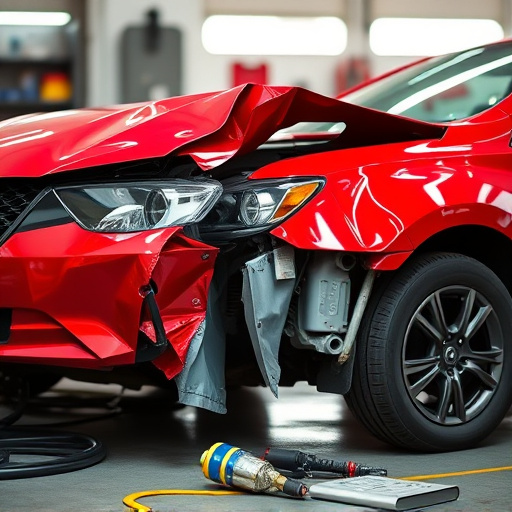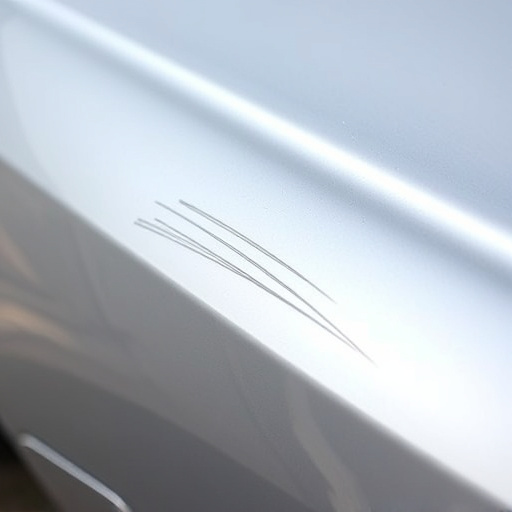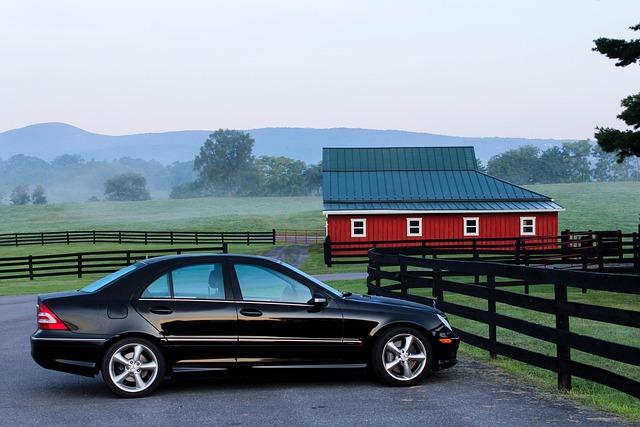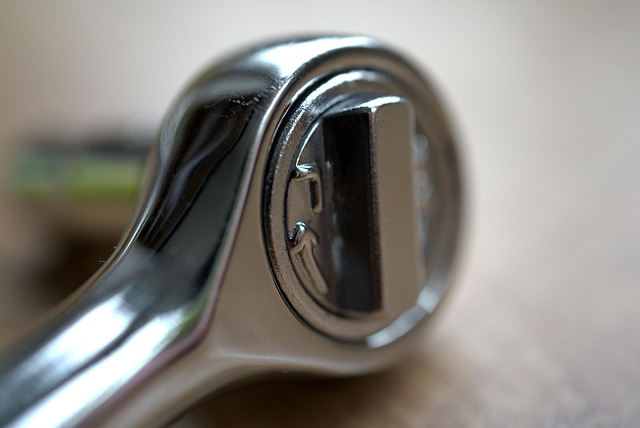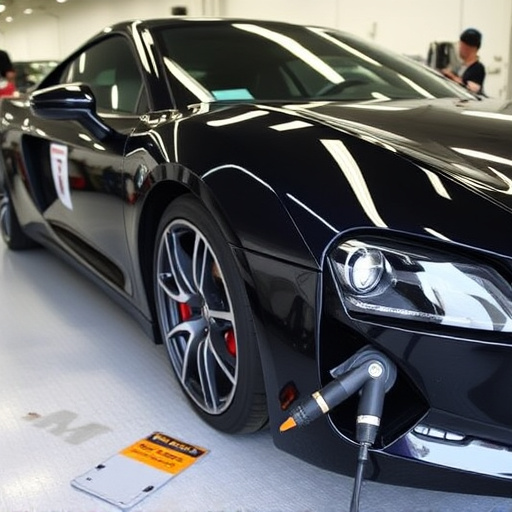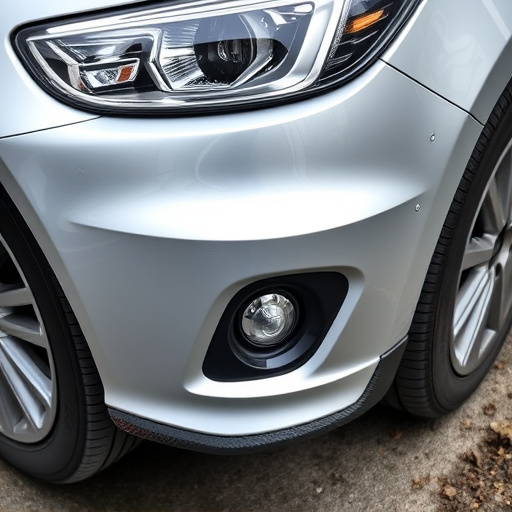MIG welding collision repair stands out as a digital era game-changer for auto professionals, offering precision, speed, and enhanced structural integrity while maintaining original aesthetics. Its versatility for diverse materials makes it an invaluable skill, preferred for delicate car paint repairs and fender restoration work. This timeless technique ensures longevity and durability in the rapidly changing automotive sector.
Is MIG welding still a valuable skill for collision repairs? In an era dominated by advanced technologies, traditional methods like MIG (Metal Inert Gas) welding face competition. Yet, this time-tested technique offers distinct advantages in terms of efficiency, precision, and cost-effectiveness for body shops. This article explores modern advancements in MIG welding for collision repair, compares it to its counterparts, and discusses why mastering this skill is crucial for staying relevant in the auto bodywork industry.
- Modern Advantages of MIG Welding for Collision Repair
- Traditional vs. MIG: Efficiency and Precision Comparison
- Future Proofing Your Skills: MIG's Longevity in Auto Bodywork
Modern Advantages of MIG Welding for Collision Repair
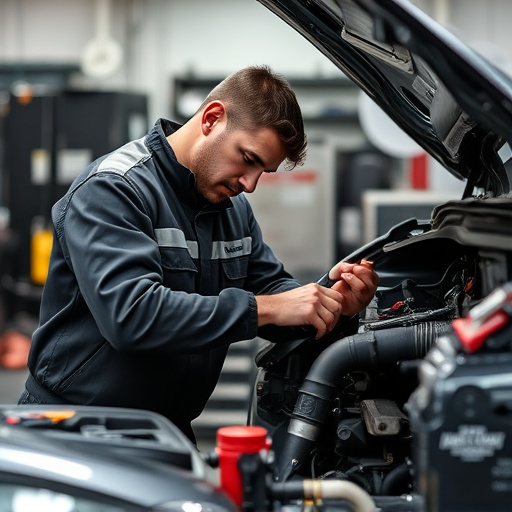
In today’s digital era, MIG welding collision repair stands out as a game-changer for automotive body shops and car paint repair professionals alike. The modern advantages of this technique are numerous. Firstly, its precision allows for intricate and complex repairs, ensuring cars look almost as good as new. This is particularly beneficial for car dent repair, where maintaining the original aesthetics is crucial. Secondly, MIG welding offers speed and efficiency, reducing the time spent on repairs without compromising quality.
Moreover, this method enables more robust and durable connections between metal parts, enhancing the overall structural integrity of vehicles undergoing collision repair or car paint repair processes. Such advantages make MIG welding a preferred choice for many automotive body shops looking to stay competitive while providing top-notch services. Its versatility also extends to various materials commonly used in these repairs, ensuring it remains a valuable skill for professionals in the industry.
Traditional vs. MIG: Efficiency and Precision Comparison
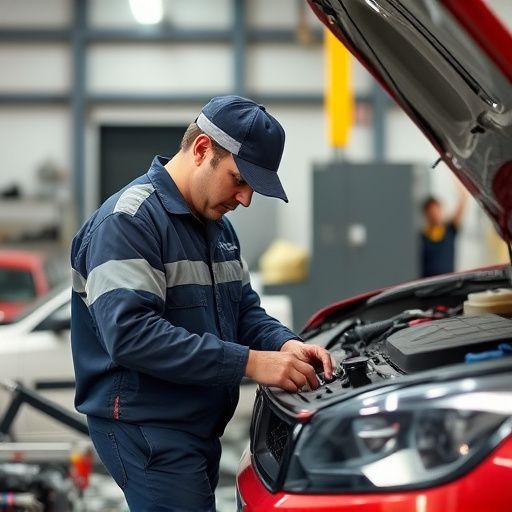
In the realm of collision repair, the debate between traditional welding methods and MIG (Metal Inert Gas) welding has been a hot topic for quite some time. When it comes to precision and efficiency in repairing vehicles like cars, trucks, or even fenders, MIG welding has emerged as a game-changer. It offers several advantages over conventional techniques.
MIG welding provides greater control and accuracy during the repair process, ensuring clean and precise cuts and welds. This level of precision is crucial when dealing with intricate car body panels and complex designs. Moreover, it facilitates faster repairs, which can be a significant factor for busy car repair shops aiming to turn around vehicles promptly. Unlike traditional methods, MIG welding reduces the risk of damage to surrounding areas, making it an ideal choice for delicate car paint repair and fender restoration work.
Future Proofing Your Skills: MIG's Longevity in Auto Bodywork
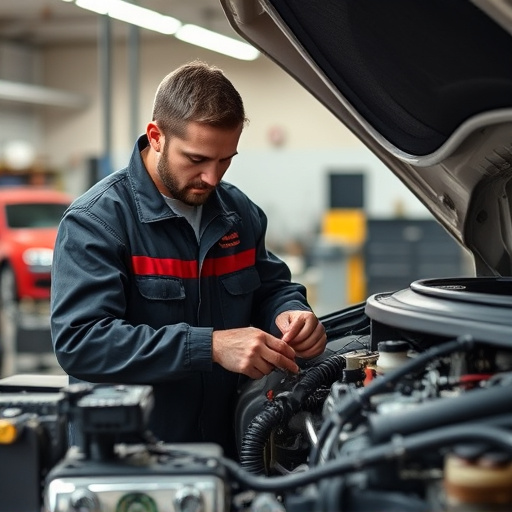
In today’s automotive industry, where advancements and innovations are ever-evolving, it’s crucial to consider which skills will stand the test of time. MIG welding collision repair, a longstanding technique in auto bodywork, remains a valuable asset for any automotive body shop. Despite the emergence of new technologies, MIG welding offers durability, precision, and versatility that are hard to match. Its longevity is evident in countless car restoration projects, where intricate metalwork demands a level of accuracy only MIG welding can provide.
Future-proofing your skills means equipping yourself with techniques that will endure. The versatility of MIG welding allows technicians to handle various materials, from steel to aluminum, making it an adaptable skill set for the dynamic automotive landscape. While some may argue that newer methods offer faster turnaround times, the quality and strength of MIG welds ensure structural integrity, a critical factor in safe vehicle repairs. This proven method continues to be a reliable game-changer in collision repair, ensuring that those with expertise in MIG welding remain sought after in the industry.
In light of the above discussions, it’s clear that MIG welding collision repair remains a highly valuable skill set. Its modern advantages, superior efficiency and precision compared to traditional methods, and longevity in auto bodywork make it a smart investment for professionals. As the industry continues to evolve, the versatility and effectiveness of MIG welding ensure its relevance for years to come, making it a game-changer for those who master it.

